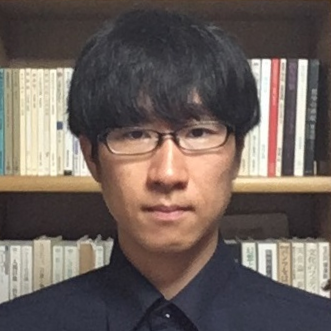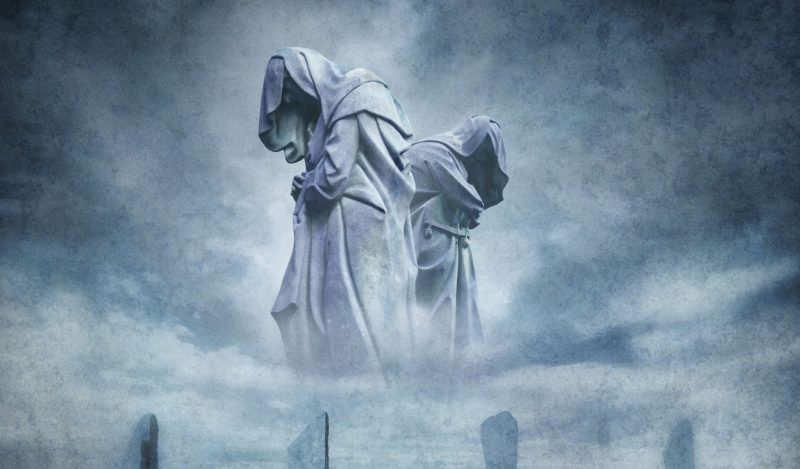Giorgio Agamben had, for a few decades before 2020, been known as one of the most judicious thinkers in the world. Since the genesis of what has been called a pandemic, his public image has undergone a radical change. In lieu of praise, he has courted the savage hatred of very many people. Even derogatory labels like “crackpot,” “lunatic,” “coronavirus denier,” and “crazy anti-vaxxer” have been accorded to him.
Why has he incurred such bitter disfavor? The chief reason is absurdly simple. Intelligibly put, it is that he has unremittingly advised us not to endorse a policy or an opinion about Covid-19 just because it passes for a right one or is advocated by an authority.
A tremendous collection of his powerful writings appeared in English in 2021: Where Are We Now?: The Epidemic as Politics.
While in Nazi Germany it was necessary to deploy an explicitly totalitarian ideological apparatus in order to achieve this end, the transformation we are witnessing today operates through the introduction of a sanitation terror and a religion of health. What, in the tradition of bourgeois democracy, used to be the right to health became, seemingly without anyone noticing, a juridical-religious obligation that must be fulfilled at any cost.
We have had ample opportunity to assess the extent of this cost, and we will keep assessing it, presumably, each time the government again considers it to be necessary. We can use the term ‘biosecurity’ to describe the government apparatus that consists of this new religion of health, conjoined with the state power and its state of exception—an apparatus that is probably the most efficient of its kind that Western history has ever known. Experience has in fact shown that, once a threat to health is in place, people are willing to accept limitations on their freedom that they would never heretofore have considered enduring—not even during the two world wars, nor under totalitarian dictatorships.
The thoughtful attitude seems becoming to a person who was born in 1942, the year which was, seen from the perspective of human brutality, truly momentous. For it saw the inceptions of the two historically worst acts of violence. At the Wannsee Conference in Berlin, high-ranking Nazi officials agreed on the notorious Final Solution to the Jewish Problem; in the US, the Manhattan Project was launched for the swift development of an atomic weapon.
Everyone knows their horrible outcomes. What caused those who would have been reckoned as decent and intelligent to remain oblivious to the disastrous possibilities of what they were doing? As has been pointed out, a crucial factor was the sheer privation of the mental capacity to be critical about the ostensibly axiomatic principles.
As early as the beginning of 2020, Agamben perceptively noticed the same lack of critical discernment infesting the men and women who, constituting a majority in Deleuze’s sense of the term, blindly assumed the security of the biological life to be the categorically supreme priority and overlooked the impossibility of realizing it. Then, sensing that the believers in absolute security would inflict tremendous distress on the people disinclined to embrace their code of belief, Agamben determined to take on the role of a staunch gadfly against them.
Due to the intrepid posture, he has endured an incessant stream of slurs, misrepresentations, and character assassinations; yet, most of the assertions he has made as to Covid-19 never deserve an abusive remark. Instead, we should deem them as prudent counsels by a man who was born in a fascistic state in the year when humanity took a drastic step toward perpetrating unprecedented massacres, saw their consequences with the eyes of a boy, and grew up to be a philosopher who, by getting people aware that everything is far more complex than it looks to be at first, has valiantly risked his prominent fame that has spread across the planet.
Though in a fairly limited manner, below I intend to illustrate that.
To achieve this objective, I shall revisit “The Invention of an Epidemic,” which is the first of his many essays in which he commented on various issues related to Covid-19. Made public toward the end of February 2020, when cases of fever and pneumonia that seemed attributable to a new virus named SARS-CoV-2 were emerging in several countries including Italy and popular perturbation was inflating all over the world, the piece is extremely momentous in that it, despite its being written in the earliest phase of a putative pandemic, accurately pinpoints what was and has ever been fundamentally problematic in our responses to it.
It would behoove me to let the text itself speak. At the outset, Agamben properly diagnoses that, notwithstanding that the pathological data from Italy’s National Research Council suggest that drastic expedients like disallowing people’s freedom of movement are not suitable, civilians are suffering “the frenetic, irrational, and unprovoked emergency measures adopted against a supposed epidemic.”
Then, the Italian poses a rhetorical question that is sobering: “why do the media and the authorities go out of their way to cultivate a climate of panic, establishing a state of exception which imposes severe limitations on mobility and suspends the normal functioning of life and work?”
Thereupon, he incisively indicates that the “disproportionate response” could be elucidated by a pair of factors: “a growing tendency to trigger a state of exception as the standard paradigm of governance” and “the state of precarity and fear that has been in recent years systematically cultivated in people’s minds.”
Lastly, Agamben, as befits a “philosopher” in the genuine import of the appellation, astutely points out that the twosome is in a mutually augmentative relation: “We could say that a massive wave of fear caused by a microscopic parasite is traversing humanity, and that the world’s rulers guide and orient it towards their own ends. Limitations on freedom are thus being willingly accepted, in a perverse and vicious cycle, in the name of a desire for security—a desire that has been generated by the same governments that are now intervening to satisfy it.”
As Agamben’s original phraseology might come across as a little foreign to those who are not versed in the parlance of academicians, let me paraphrase and explicate his contentions in more accessible terms. He essentially maintains, first, that the countermeasures taken by the authorities against a spreading pathogen are not appropriate in view of the actual danger; second, that the very conditions enabling them to go largely unopposed are, on one hand, our acclimation to being controlled and restricted by a threat of emergency and, on the other, the chronic apprehensions and desire for safety which the media and the ruling powers incessantly arouse in our mind; and third, that each of the two conditions is, in a cyclic manner, reinforcing the other. In a nutshell, he encourages us to think over our excessive reactions to Covid-19 and to review the implicit premises that allow them to be acquiesced in.
Anyone who has sensible judgment which is required of an adult will acknowledge that Agamben’s points have respectable cogency and find the other essays, which one can read in Where Are We Now? The Epidemic as Politics, to be equally insightful.
It is also worth our admiration that he was in his late seventies when he, an internationally venerated thinker, propounded them. He, while having the option to remain taciturn to sustain his eminent reputation that had gradually built up through a long series of his intellectual efforts, resolved to be loyal to his ethics and to enunciate what he regarded as just.
Considering these circumstances, we must be ashamed of the fact that we, in the meaning of the “majority of people in the world,” keep permitting irrational policies to be enforced by the administration and preposterous customs to become entrenched among the public. We have to acknowledge that we are doing so in spite of the lapse of time that has passed since Agamben delivered his first admonition.
But we ought not to content ourselves only with admitting our, to borrow the word that a writer employed to defame the octogenarian philosopher, “cluelessness.” The Japanese Hitoshi Imamura, another philosopher who, as with Agamben, was born in a totalitarian country in 1942, once defined “humanity’s history” as “the history of the endeavors willing to advance from a fallacy to the truth.” We are destined to commit a mistake; still, once we become conscious of our error, we ought to use it as a chance to steer for a better course.
Belated as it is, we should begin to tread the path that Agamben had first hewn and, with a small number of theoretical comrades such as Aaron Kheriaty and Jeffrey Tucker, has paved with indefatigable fortitude.
Published under a Creative Commons Attribution 4.0 International License
For reprints, please set the canonical link back to the original Brownstone Institute Article and Author.









